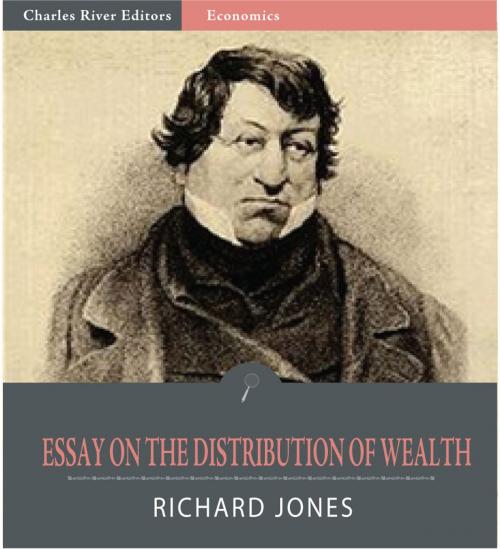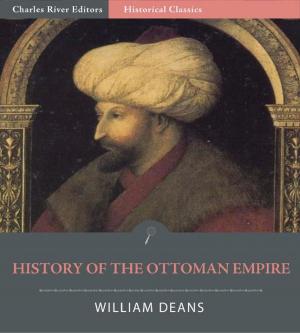An Essay on the Distribution of Wealth and on the Sources of Taxation
Business & Finance, Economics, Money & Monetary Policy, Theory of Economics, Economic History| Author: | Richard Jones | ISBN: | 9781475306187 |
| Publisher: | Charles River Editors | Publication: | April 24, 2012 |
| Imprint: | Language: | English |
| Author: | Richard Jones |
| ISBN: | 9781475306187 |
| Publisher: | Charles River Editors |
| Publication: | April 24, 2012 |
| Imprint: | |
| Language: | English |
In 1831 Jones published his Essay on the Distribution of Wealth and on the Sources of Taxation, his most important work. In it he showed himself a thorough-going critic of the Ricardian system. Jones's method is inductive; his conclusions are founded on a wide observation of contemporary facts, aided by the study of history. The world he professed to study was not an imaginary world, inhabited by abstract "economic men," but the real world with the different forms which the ownership and cultivation of land, and, in general, the conditions of production and distribution, assume at different times and places. His recognition of such different systems of life in communities occupying different stages in the progress of civilization led to his proposal of what he called a "political economy of nations." This was a protest against the practice of taking the exceptional state of facts which exists, and is indeed only partially realized, in a small corner of our planet as representing the uniform type of human societies, and ignoring the effects of the early history and special development of each community as influencing its economic phenomena.
In 1831 Jones published his Essay on the Distribution of Wealth and on the Sources of Taxation, his most important work. In it he showed himself a thorough-going critic of the Ricardian system. Jones's method is inductive; his conclusions are founded on a wide observation of contemporary facts, aided by the study of history. The world he professed to study was not an imaginary world, inhabited by abstract "economic men," but the real world with the different forms which the ownership and cultivation of land, and, in general, the conditions of production and distribution, assume at different times and places. His recognition of such different systems of life in communities occupying different stages in the progress of civilization led to his proposal of what he called a "political economy of nations." This was a protest against the practice of taking the exceptional state of facts which exists, and is indeed only partially realized, in a small corner of our planet as representing the uniform type of human societies, and ignoring the effects of the early history and special development of each community as influencing its economic phenomena.















